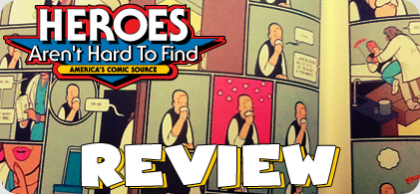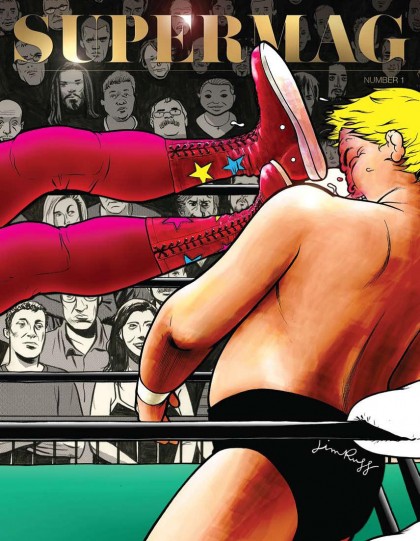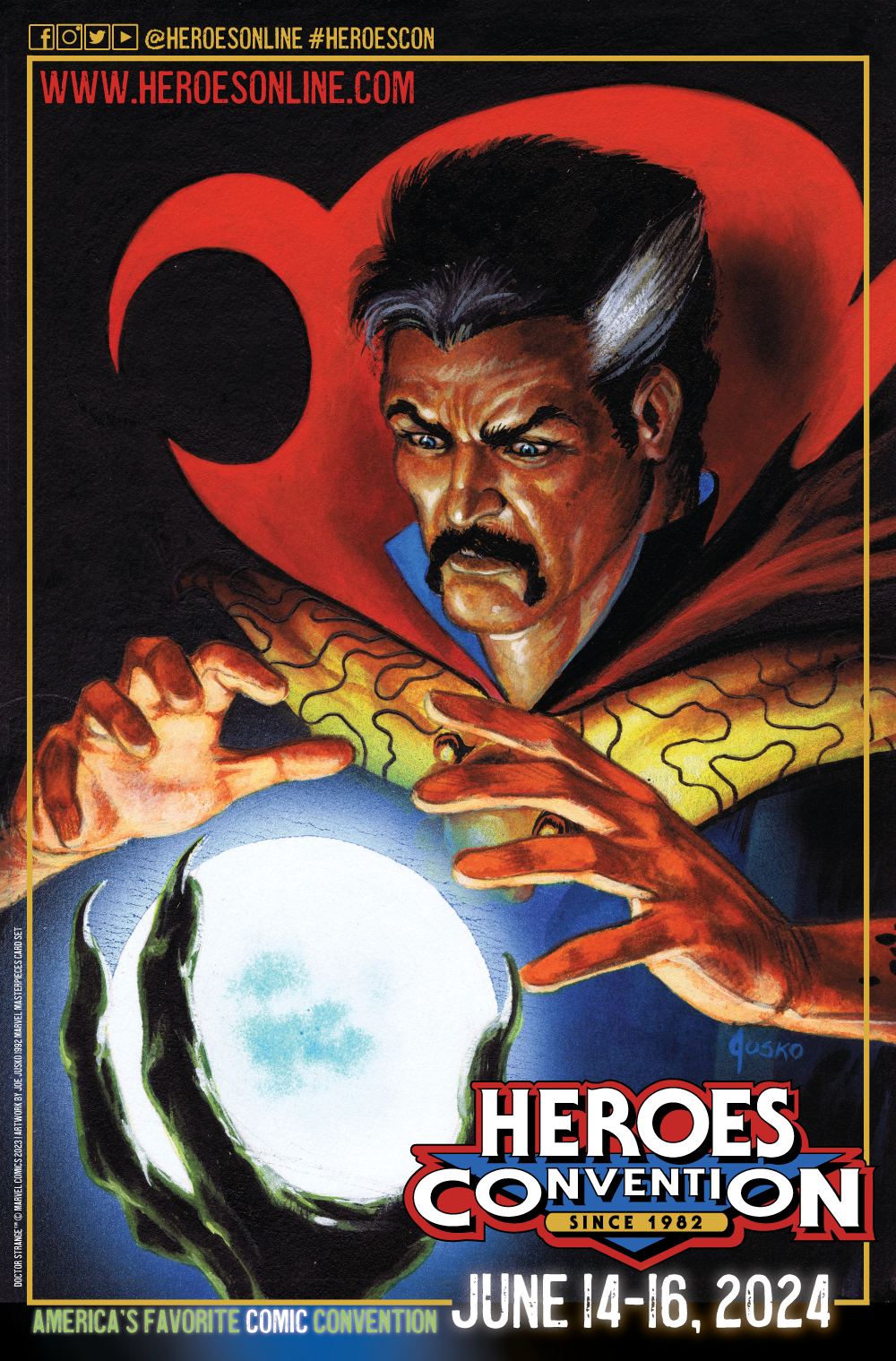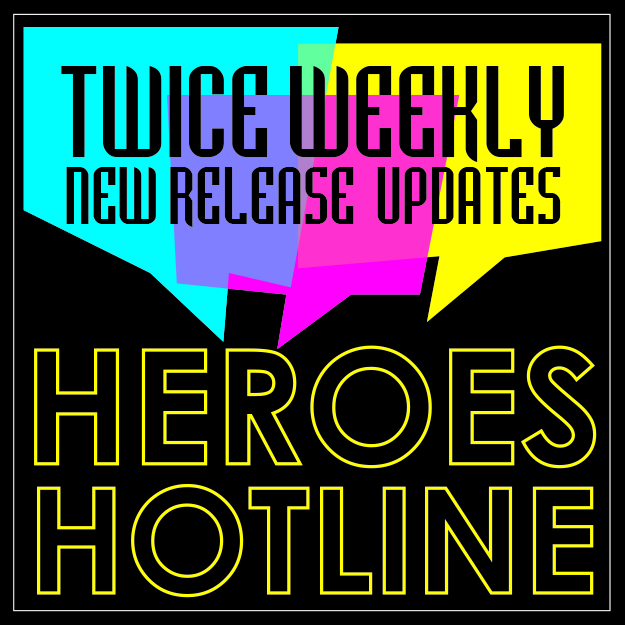REVIEW :: SUPERMAG by JIM RUGG
![]() The most important aesthetic breakthrough in comics in the 21st century is the increased attention (by both artists and critics) to the picture plane, the exploration of comics as a rapturous visual experience as well as a vehicle for narrative. The book most responsible for this shift is the anthology Kramers Ergot #4 (2003), which juxtaposed the deliberately crude, resolutely non-narrative aesthetics of Fort Thunder cartoonists like Mat Brinkman and Leif Goldberg with such story-based work as Jeffrey Brown’s autobio strips, Sammy Harkham’s Poor Sailor, and early excerpts from Frank M. Young and David Lasky’s Carter Family graphic novel. This mix of approaches made reading Kramers #4 a disorienting experience, a book that, in critic Bill Kartalopoulos’ words,
The most important aesthetic breakthrough in comics in the 21st century is the increased attention (by both artists and critics) to the picture plane, the exploration of comics as a rapturous visual experience as well as a vehicle for narrative. The book most responsible for this shift is the anthology Kramers Ergot #4 (2003), which juxtaposed the deliberately crude, resolutely non-narrative aesthetics of Fort Thunder cartoonists like Mat Brinkman and Leif Goldberg with such story-based work as Jeffrey Brown’s autobio strips, Sammy Harkham’s Poor Sailor, and early excerpts from Frank M. Young and David Lasky’s Carter Family graphic novel. This mix of approaches made reading Kramers #4 a disorienting experience, a book that, in critic Bill Kartalopoulos’ words,
was clearly packed with a range of comics and art that included things I was comfortable with, things I was uncomfortable with, and things that I didn’t really know how to categorize. I bought it, without much equivocation. It seemed like I had to if I really wanted to know what was going on in comics.
Part of “what was going on” was a generation following Gary Panter’s example, dedicated to elaborate margins, psychedelic colors, ironic appropriations of mass cult logos and symbols, and mark-making independent of a line’s narrative function. It was suddenly OK to draw rough and be bold.
The Fort Thunder/Kramers paradigm shift has cross-pollinated comics culture in various ways. The newfound emphasis on design and decoration has snuck into some more mainstream direct-market books—I’m thinking of the Fort Thunder-meets-Heavy Metal success of Brandon Graham over at Image—even while Kramers #5 (2004) published my favorite narrative comic novella of the last decade, Kevin Huizenga’s “Jeepers Jacobs.” And then there’s Jim Rugg, an artist uncannily able to toggle between straight-forward storytelling and wild explorations of what Rugg himself, in the introduction to his new Supermag, calls “the narrative collapse.” (more…)













